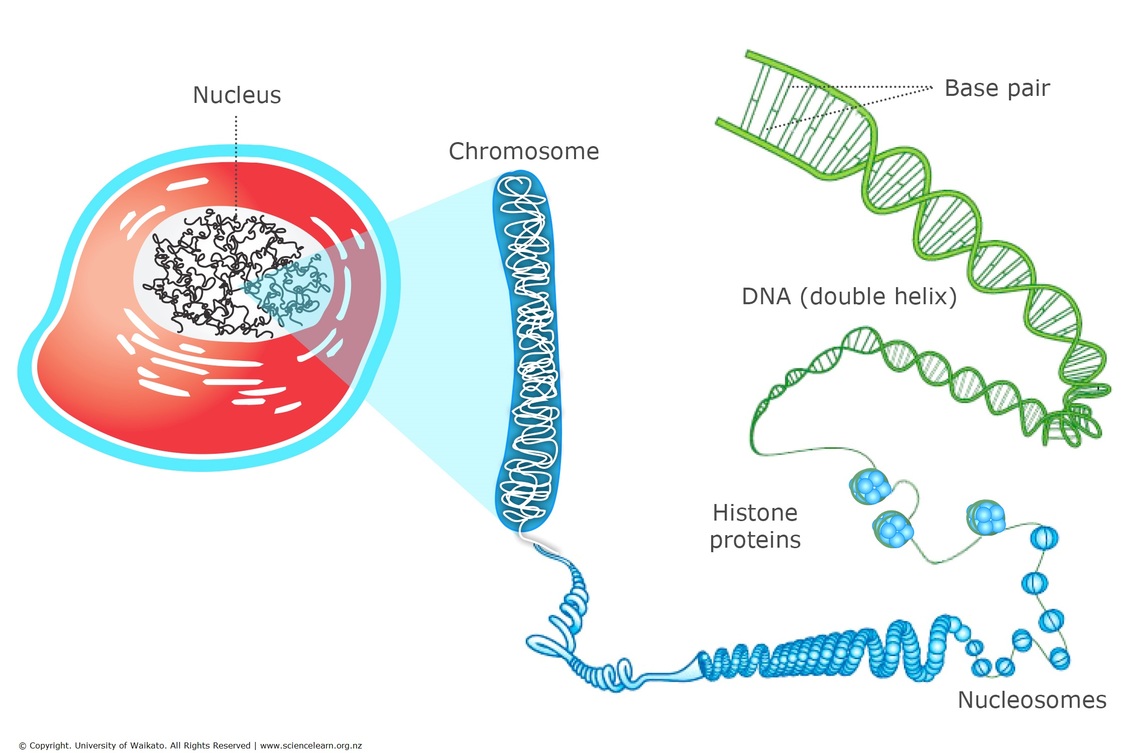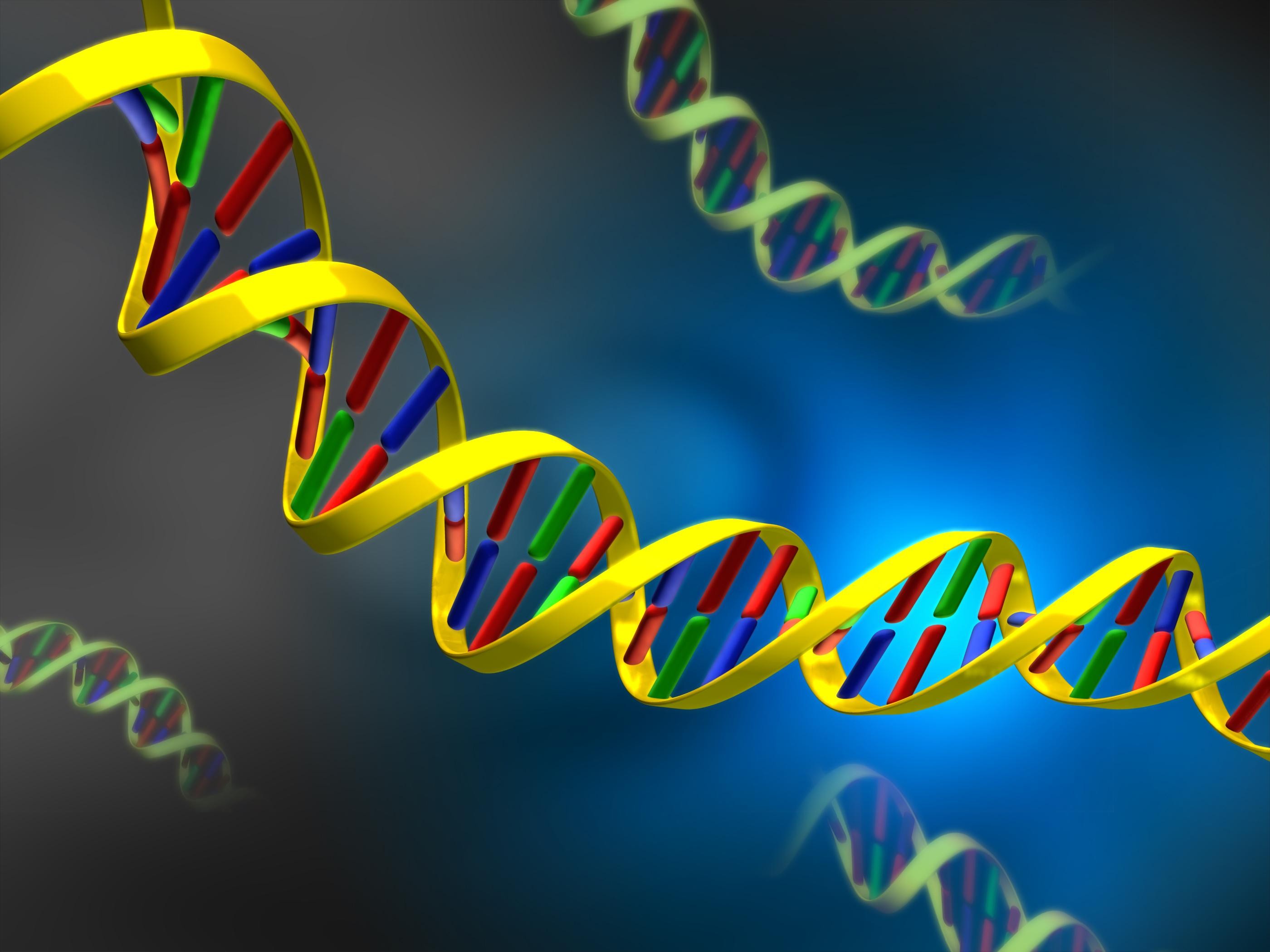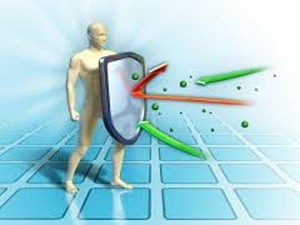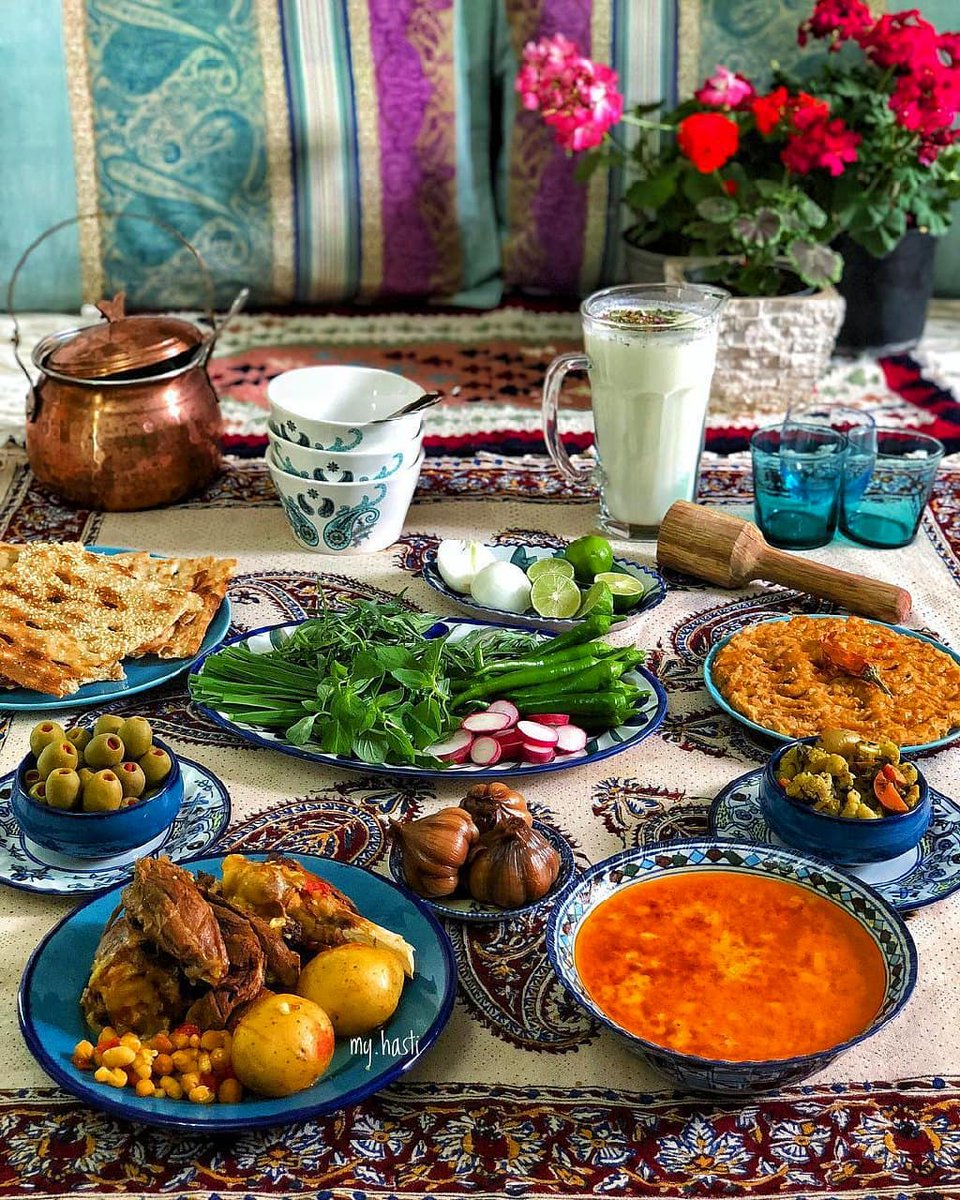Fasting and the Immune System
By Dr. Ashraf Girgis ND.
Page Update April 04/26/2021
|
|
 |
We are in the month of Ramadan and more than billions of Muslims across the world are currently fasting. Some may wonder whether fasting is good practice, especially during the era of COVID-19. I’ve previously written an article about the benefits of fasting, but here I would like to focus on fasting and the benefits on the immune system.
According to scientists, prolonged fasting in mice and humans reduces pro-growth pathways and signaling, resulting in cellular resistance to toxins and stress (3). Additionally, research done at the University of Southern California shows that prolonged fasting (48-120 hours) results in regeneration of our immune system (4).
|
|
Scientists noticed that when caloric intake is reduced, rodents live longer lives in comparison to rodents fed a regular diet. Rodents with caloric reductions and decreased nutrient-sensing pathways have lower incidence of age related diseases. Examples of such age related diseases are neurodegeneratives, tumors, and loss of age related functions (5).
In another study published in Stem Cell, scientists at the University of Southern California found out that fasting not only jump-starts stem cell regeneration of new white blood cells, improving the body’s ability to fight infections, but it also helps rid the body of damaged cells (7). Researchers believe that fasting can regenerate the entire immune system by promoting the creation of new white blood cells (6).
|

|
|
According to Valter Longo, professor of Gerontology and Biological Sciences and the director of the Longevity Institute at USC Davis, once we start fasting, the body uses all the glucose, fat, and ketones in the body and gets rid of damaged and worn out cells (8). This is because fasting leads to the enzyme protein kinase A (PKA) being switched off, which allows for regeneration of stem cells to begin. This ultimately results in a brand new immune system, and the body in general gets to renew itself and get rid of all the damaged stuff (9).
Triggering this stem cell renewal takes about 2- 4 days of fasting. For Ramadan this year, fasting lasts for about 16 hours, but because this is for the entire month, hopefully the overall caloric consumption is less (some people actually indulge more in eating). Fasting has many benefits that you can read about in my previously published article.
|
 |
|

|
My intention for this article is to assuage the anxiety of some of our Muslim families across the world during the uncertainty of the COVID-19 pandemic. Fasting is indeed very good for our health, as long as we continue to eat healthy, drink lots of clean water, have a good source of protein, and eat lots of vegetables. I realize, like most of Muslims, that we might have a desire to open up our fast with sweets, but studies have shown that sweets weaken the immune system. Therefore, I encourage you to eat dry fruits, such as dates or figs, to curb the occasional desire for sweets.
|
|
If you are not Muslim, wish to revamp your immune system, and do not have diabetes or issues with fasting, there are many options for you. You can start by fasting for 16 hours and then eating during the following 8 hours, fasting for 48-120 hours, or simply 2 days a week or 2 days a month to allow your body get rid of damaged cells and rebuild the new white blood cells.
It is extremely important to talk to your personal physician before starting to fast for the long hours as suggested. Caloric restriction combined with good nutrition has also shown to be beneficial to protect against abdominal fat, hypertension, diabetes, cardiovascular diseases, and much more.
|
 |
|
Thanks for visiting curenaturally.org. To begin adopting a healthier lifestyle, you can call our office at (616)-777-0608 for questions.
Happy Ramadan!
Dr. Ashraf Girgis
|
 |
|
|
|